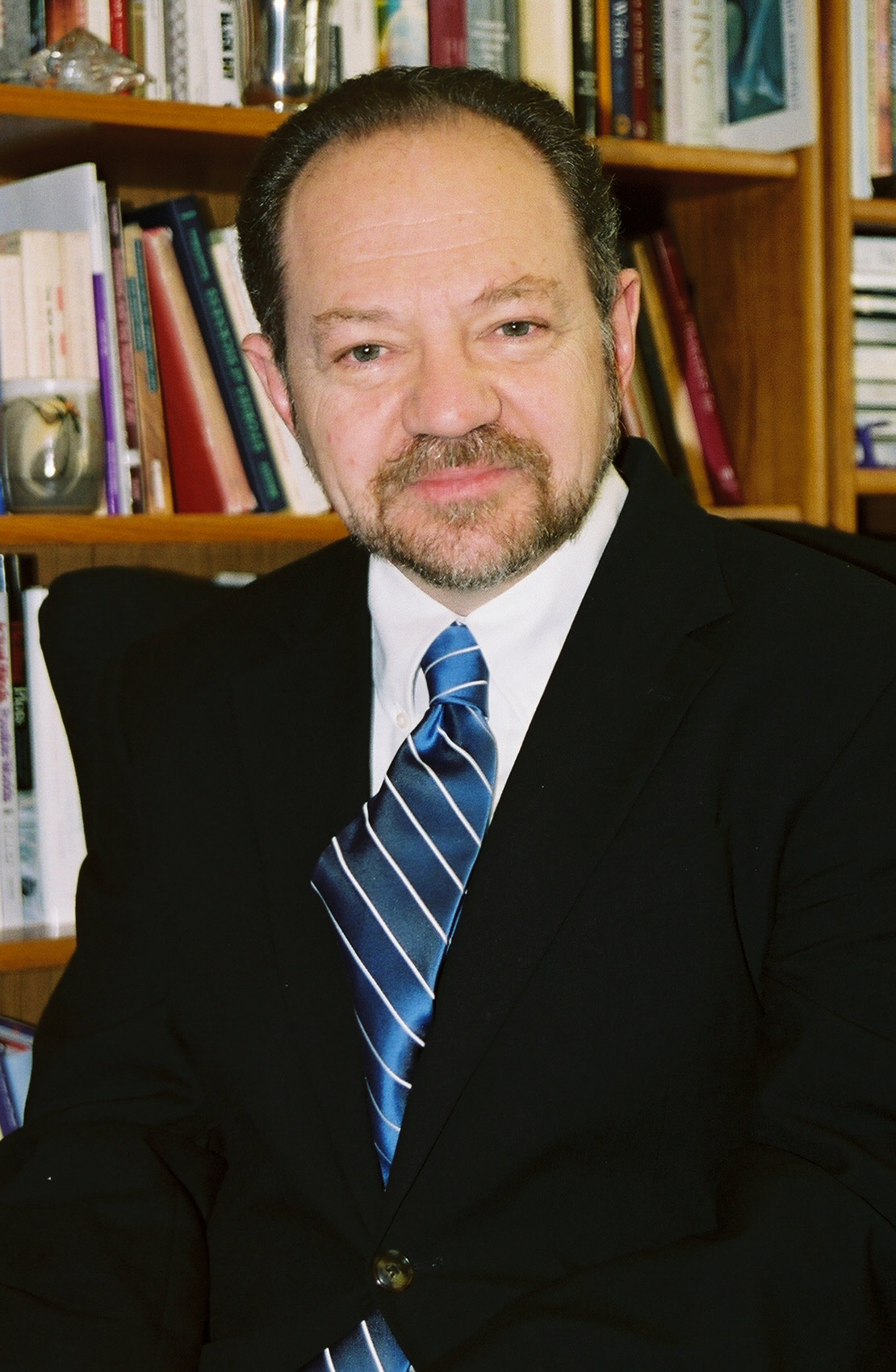Latinovations would like to thank Michael Rugnetta and Jonathan D. Moreno for their contribution to La Plaza
The National Institutes of Health last week authorized 13 new embryonic stem cell lines for federally funded research. This is great news for the advancement of medicine in the 21st century, but to really move the needle NIH needs to ensure that future embryonic stem cell lines opened for research display the rich diversity of humanity in our nation.
The Latino patient community in particular would stand to benefit greatly from this further expansion of human embryonic stem cell research. The reason: Scientists finally have the opportunity to access to a greater number of human embryonic stem cell lines beyond the 21 lines approved by the previous administration; lines which came almost exclusively from donors of European origin.
Why does it matter where the stems cells come from? Well, the development and severity of many diseases is dependent on the unique genetic makeup of the patient and this is often correlated with ethnicity. For instance, Latinos are twice as likely as non-Hispanic whites of the same age to have diabetes and twice as likely to develop complications from diabetes such as heart disease, high blood pressure, blindness, kidney disease, amputations and nerve damage. These disparities are usually due to combinations of environmental and genetic factors. Embryonic stem cell research is immensely valuable since it may tell us how our genes interact with one another and with different environmental factors as we grow and develop.
Of course, there are still many hurdles to overcome. Latinos are not a monolithic group by any means, much less genetically. Ethnic origin, genetics, and health disparities are very difficult to tease apart; and one classification can often mask another. With diabetes alone, prevalence is 8.2 percent for Cubans, 11.9 percent for Mexican Americans, and 12.6 percent for Puerto Ricans. Some of these differences may be due in part to lifestyle or environmental factors, but they can also be due to differences in ancestral origin since most Latinos possess mixtures of European, Native American, and African ancestries.
It is important that scientists challenge themselves to look at genetic diversity and health disparities in all of these levels and contexts. This requires a concerted effort on the part of scientists, caregivers, and public health officials. Only then will the medical and public health professions be able to reach out to different racial and ethnic patients with the right therapies based on the right research.
Because of President Obama’s decision to end the previous administration’s deeply controversial yet only partial ban on embryonic stem cell research, scientists are now free to work on any embryonic stem cell lines as long as they are ethically derived from embryos left over from in vitro fertilization clinics. The 21 stem cell lines that were approved for use under President Bush were not only mainly from donors of European origin but also of diminishing quality.
NIH’s announcement last week will allow for a higher quality and more genetically diverse set of lines for experimentation. Problem is, all of the federally-funded stem cell lines newly opened for research come from in vitro fertilization clinics, which have a disproportionately non-Hispanic white clientele. The Latino community needs to begin advocacy efforts to ensure that it and other communities of color are represented more fully in IVF clinics and in embryonic stem cell research.
Latinos and other communities of color have already achieved this inclusion with provisions in the stimulus bill on comparative effectiveness research as well as with other federal research efforts—policy measures that will ensure new medical research takes diversity fully into account. Stem cell therapies offer the promise of a new age for medicine that is personalized, versatile, and minimally invasive. Medicine can only achieve this promise if all communities of Americans are included.
Jonathan D. Moreno is a Senior Fellow at Center for American Progress and the David and Lyn Silfen University professor of ethics and professor of medical ethics and of history and sociology of science at the University of Pennsylvania. He also was a member of President Barack Obama’s transition team for the Department of Health and Human Services.
Michael Rugnetta is a Research Assistant for the Progressive Bioethics Initiative at the Center for American Progress and a recent graduate of the University of Pennsylvania with a double major in political science and cognitive science.



Recent Comments